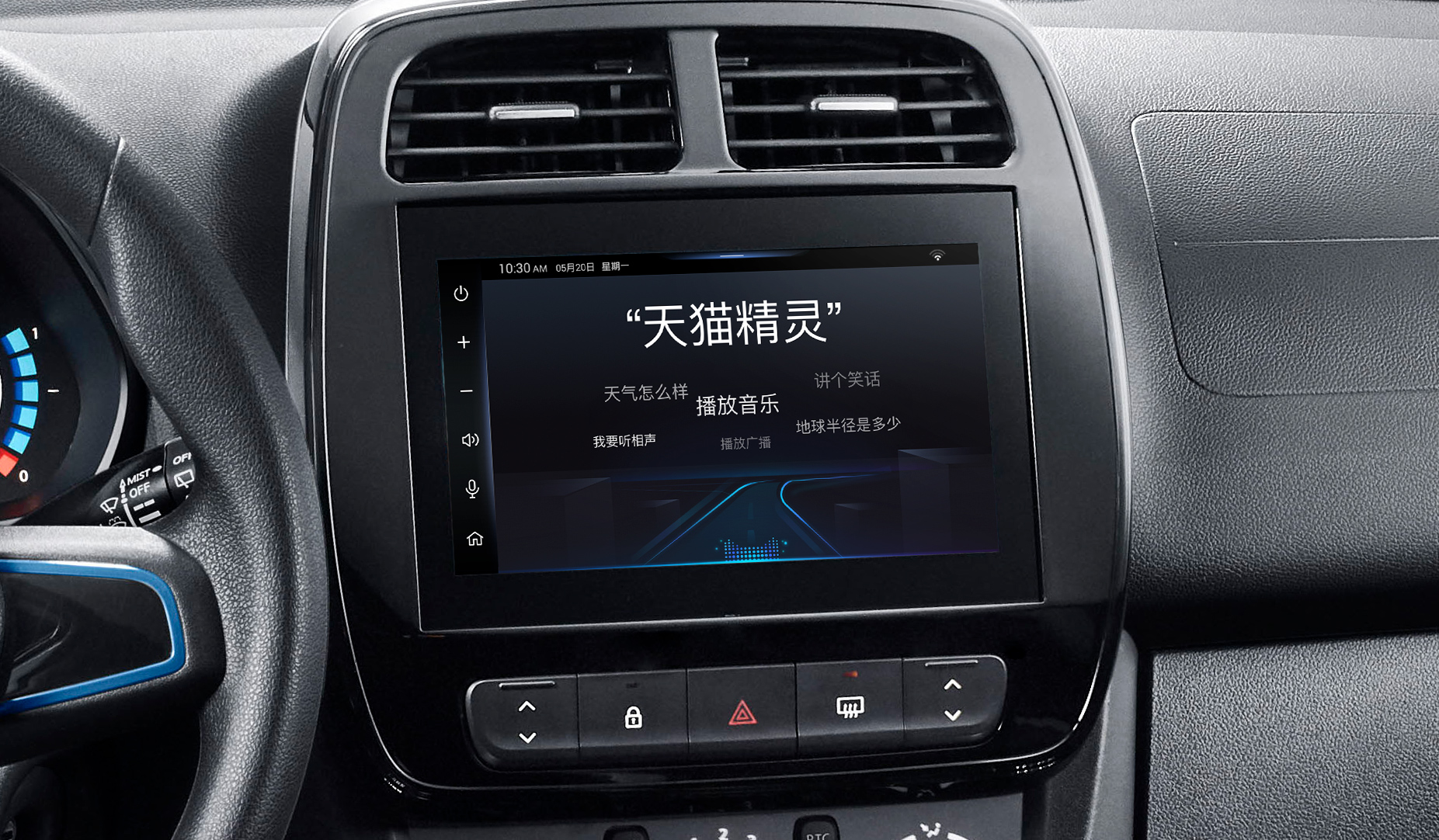Alibaba A.I. Labs, Alibaba’s AI research division, says it has formed partnerships with Audi, Renault, and Honda to integrate Tmall Genie Auto, an artificial intelligence solution, into some models of their “internet cars”.
Owners of such cars will have access to a variety of voice-controlled information and services, including identifying nearby attractions and restaurants, booking movie tickets, checking the status of package deliveries, having children’s books read out loud, and ordering items on Alibaba’s retail platform, the firm said in a press release.
In addition, these car owners with Tmall Genie-compatible devices at home will be able to monitor and control their smart-home devices from their cars, performing daily tasks such as running a status check on temperature and light, or turning on the heater and air conditioning at home.
Tmall Genie Auto allows users to access an “extensive in-car infotainment portfolio”, said Miffy Chen, the general manager at Alibaba A.I. Labs, which is expected to make the “driving experience more intelligent and interconnected”.
Tmall Genie is now China’s best-selling smart speaker.
This is only one of Alibaba’s recent moves to expand the internet-of-things (IoT) to the automotive sector, which is meant to upgrade cars from mere transportation vehicles to connected devices in their own right.
As early as 2016, Alibaba unveiled an “internet car”, the RX5 sport utility vehicle, which is powered with Alibaba’s in-house operating system called YunOS, along with one of China’s leading automakers SAIC Motor.
Alibaba’s not alone in such attempts as Tencent has made similar moves too.
The vice president of Tencent Auto Intelligence, Zhong Xuedan announced in late May that the first cars with a pre-installed WeChat instant messaging app will be rolled out this year. The app will come with speech recognition, giving drivers hands-free access and usage.
